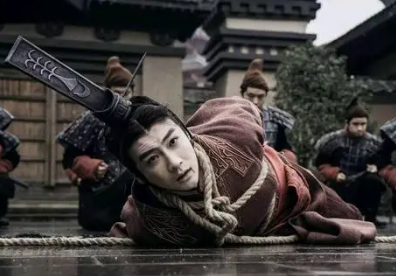In ancient China, the Dingyou system was an important etiquette system that stipulated that officials must resign from their positions and observe mourning for three years after the death of their parents. However, in practice, this system often became a tool for officials to engage in political struggles. This article will explore why the Dingyou system became a means of political struggle among officials.

First, it is necessary to understand the origin of the Dingyou system. Derived from Confucian filial piety, the system believed that filial piety was the foundation of all virtues and that officials should fulfill their filial duties by resigning and observing mourning after the death of their parents. This system was first implemented during the Western Han Dynasty and gradually perfected over time, becoming a strict etiquette system.
However, in practice, the Dingyou system was often manipulated by officials for political purposes. On the one hand, officials could use the system to attack their political rivals. When the parents of a political rival died, they could seize the opportunity to force the rival to resign and observe mourning, thereby weakening their political influence. On the other hand, officials could also use the Dingyou system to protect themselves. When their own parents died, they could take the opportunity to temporarily withdraw from the political stage and avoid political controversies.
Furthermore, the Dingyou system could also be used for power struggles. When an official resigned to observe mourning, their position would often become vacant, providing an opportunity for other officials to compete for power. Therefore, the Dingyou system, to a certain extent, intensified competition and struggles among officials.
In summary, although the Dingyou system originated from Confucian filial piety, it was often manipulated by officials for political struggles in practice. This phenomenon reflects the complexity and cruelty of the ancient officialdom, as well as the weaknesses and desires of human nature. However, we should also recognize that the Dingyou system maintained social stability and harmony to a certain extent, reflecting the ancient society's emphasis and respect for filial piety.
Disclaimer: The above content is sourced from the internet and the copyright belongs to the original author. If there is any infringement of your original copyright, please inform us and we will delete the relevant content as soon as possible.
































